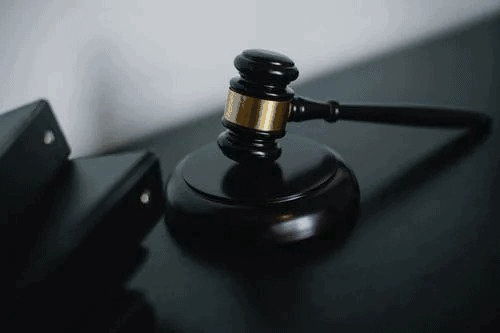
Most people hardly think twice when they walk into a KFC, Great Clips, Hampton Inns and Suites, or 7-Eleven about whether or not it is a franchise. However, more often than not, the issue of the franchise comes into play when questioning the quality of service or goods based on the “expected standard” when dealing with a specific franchise company.
According to a survey carried out in 2005, 900253 established franchised businesses generated $880.9 billion of output. According to a report by Statista [• U.S. franchise industry: leading franchises by sales 2018 | Statista], the leading franchise in 2018 by global sales was McDonald’s with $96.15 billion.
This begs the question, what is a franchise? According to the Cornell Law School Legal Information Institute [Franchise | Wex | U.S. Law | LII / Legal Information Institute (cornell.edu)] franchise is defined as “a relationship wherein a business organization, called a franchiser, in exchange for a fee and with the franchiser’s guidance, allows another business, called the franchisee, to operate under the franchiser’s trade name and offer the franchiser’s products or service.” In short, a franchise uses another company’s business platform and brand by another company in exchange for a fee. The franchisee uses these to establish a business and conduct a business at a specific standard taken from the original business. Therefore, it would be expected that the typical taste of a pizza made at Pizza Hut in California, USA, would be the same as a pizza made by Pizza Hut in Durban, South Africa.
In order to identify a franchise, three primary characteristics must be present, these are:
1. Use of the franchise’s name, logos, products, and trademarks
2. Payment must be made from the franchisee to the franchiser; this is often a percentage of the gross income paid as royalties
3. A business platform, a method of operation.
For example for Pizza Hut and other franchisors to successfully carry out businesses outside of the United States, they would require international franchise partners; sometimes called master franhcising. Each party to the franchise relationship has its own legal rights and interest to protect and would thus require franchise law.
Franchise law typically regulates how to create, run, and dissolve a franchise relationship.
Franchise law is made up of both federal laws and regulations as well as state laws.
Common legal issues that come to the surface in franchise law include the following areas:
Issues relating to:
· Copyrights
· Trademark
· Fraud
· Advertising
· Dispute resolution
· Contracts
· Litigation
· Securities
· Employment
· Torts
Hiring an experienced franchise attorney is the best method to assure quality representation in your disputes.